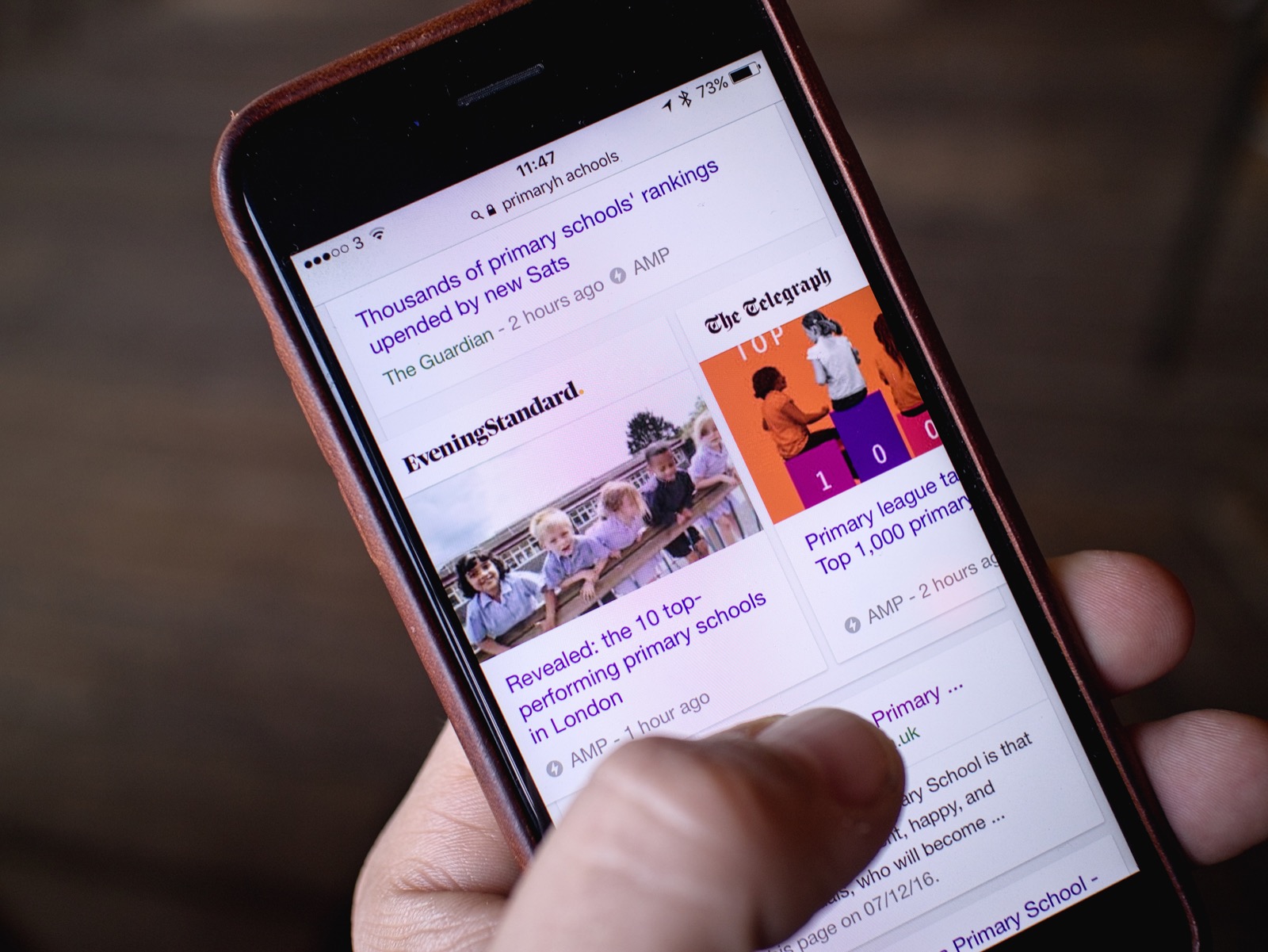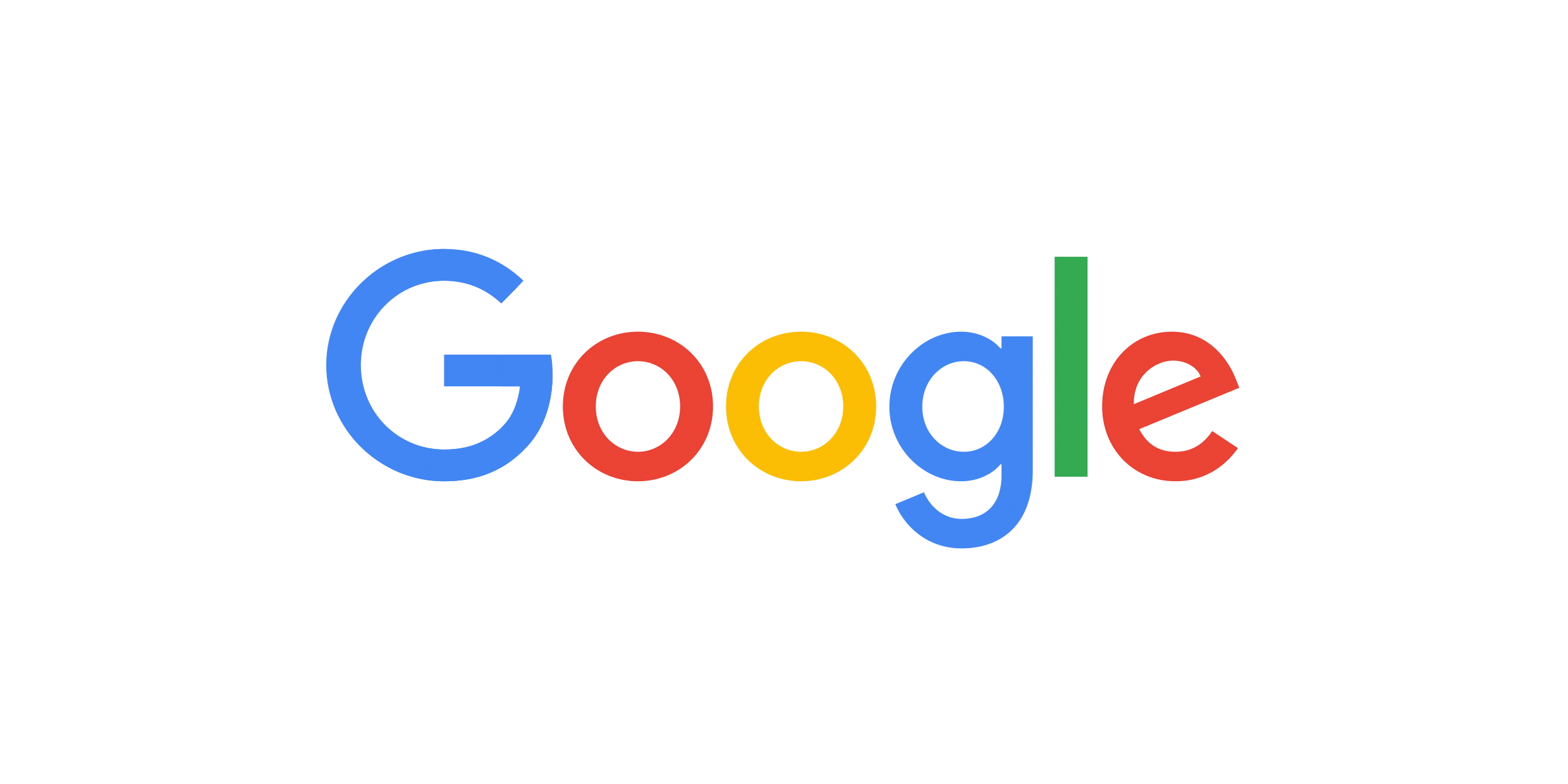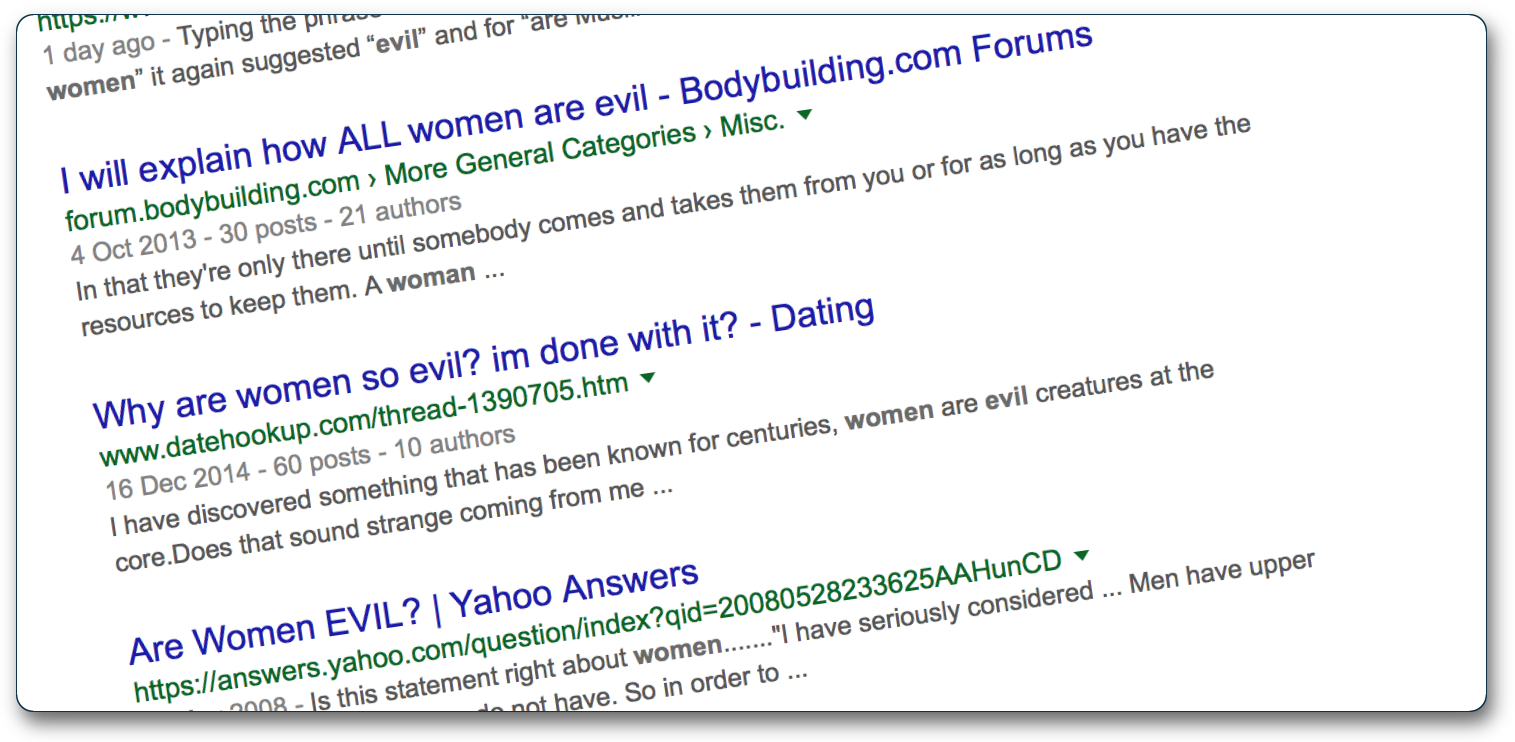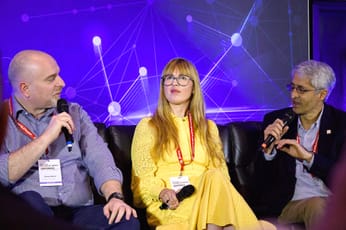search

SEO: big changes are coming to nofollow - here's what you need to know Paid Members Public
Google is making the first big change to "nofollow" in a decade and a half. Here's what you should know.

SEOs buying up defunct URLs linked to by major news sites Paid Members Public
The black hat SEO business has a new trick - and publishers should be careful of their old links.

Accelerated Mobile Pages: great for SEO, bad for control Paid Members Public
John Gruber [http://daringfireball.net/linked/2016/10/21/google-amp], back in October: > Can someone explain to me why a website would publish AMP versions of their articles? They do load fast, which is a terrific user experience, but as far as I can see, sites that publish AMP

Google search goes mobile first - desktop database relegated Paid Members Public
Google is going to make its forthcoming mobile search index its primary dataset [http://searchengineland.com/google-divide-index-giving-mobile-users-better-fresher-content-261037] : > Google is going to create a separate mobile index within months, one that will be the main or “primary” index that the search engine uses to respond to queries. A separate desktop









